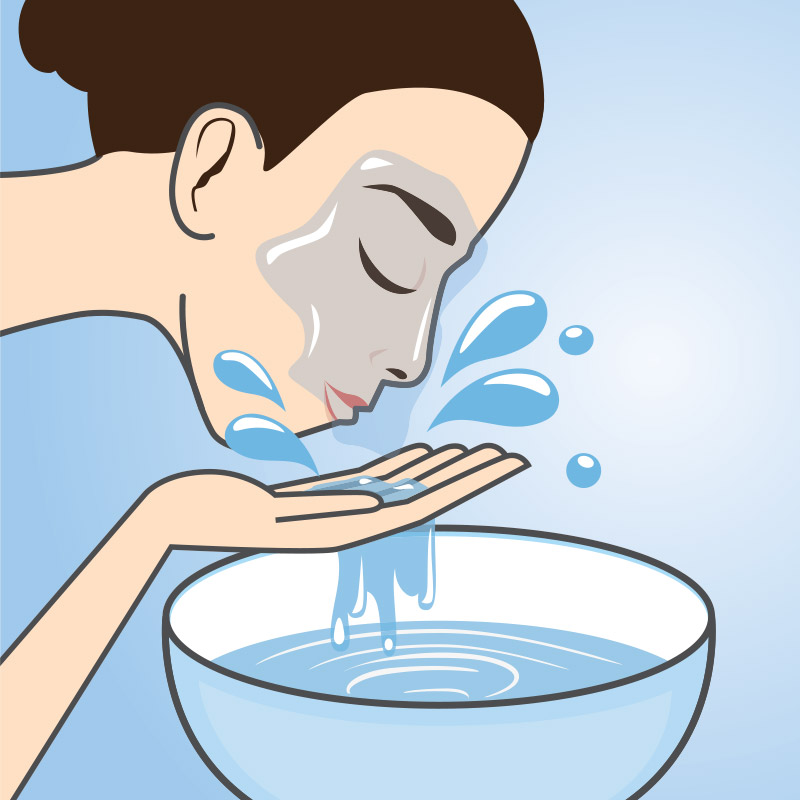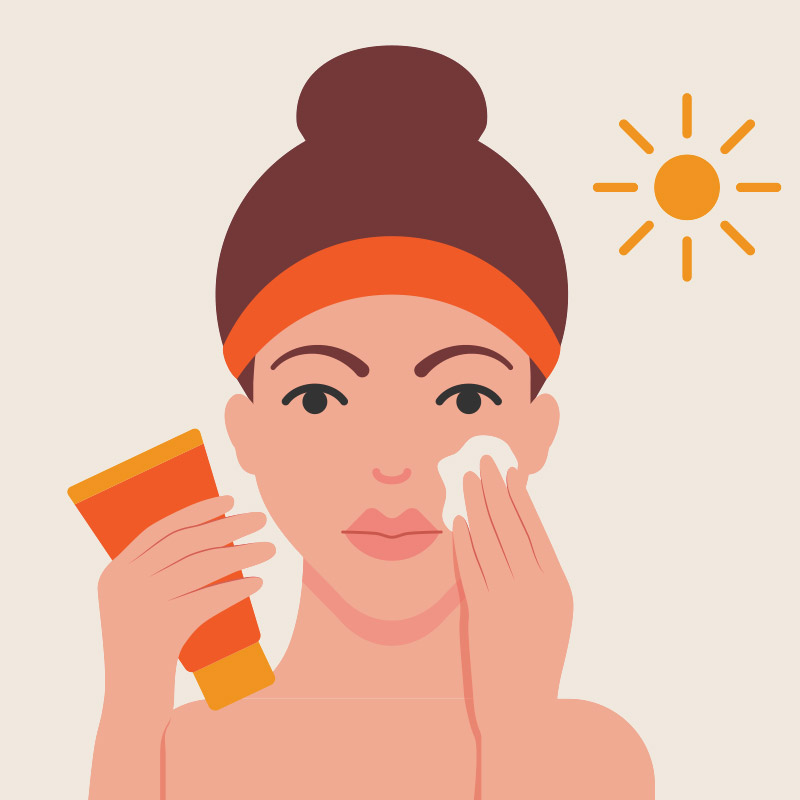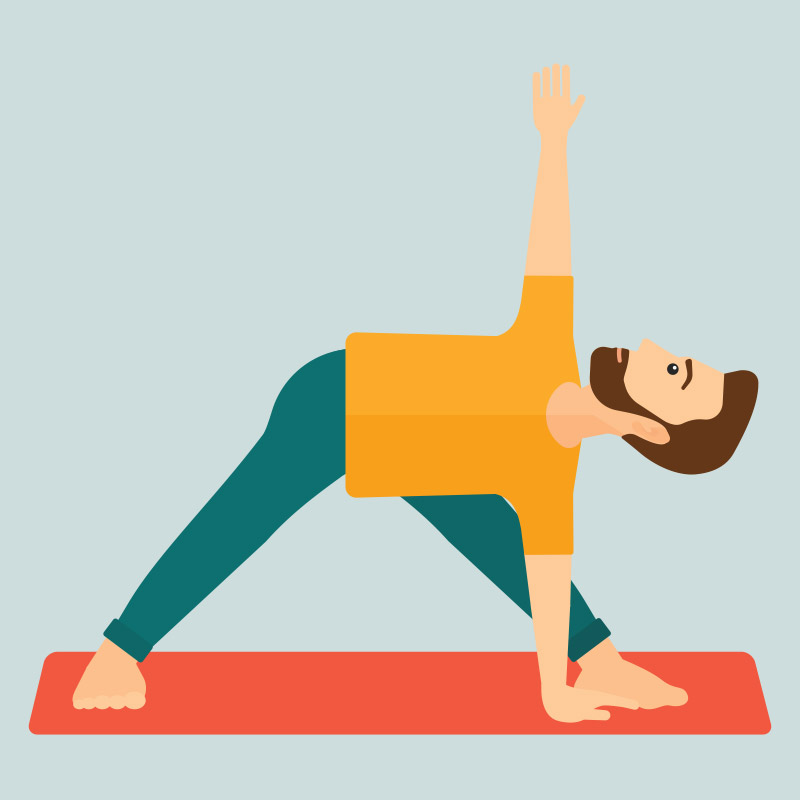Home » Acne Causes » Types Of Acne » Teenage Acne
Teenage Acne
How to deal with pimple breakouts as a teen
Acne is very common in teenagers and here’s why:
When you’re a teenager, you have an increased level of sex hormones (androgens) which then increase the size and production of oil glands.
Once those oil glands get blocked, you’ve got a pimple … or several.
Here’s a short interview with dermatologist and All About Acne member, Dr Philip Tong about teenage acne including the best treatments and the most common mistakes teens with acne make.
Healthy skin habits for teens
Having acne when you’re a teenager can sometimes feel like the end of the world.
The good news is, it won’t hang around forever.
And, if you can put some good skin habits in place, you’ll see improvements in your acne a whole lot faster.

Clean and moisturise your skin
Although acne isn’t usually caused by dirt, it’s still a good idea to cleanse your face twice a day.
Just like cleaning your teeth, get into the habit of washing your face in the morning and again before bed. All About Acne skin experts recommend using gentle soap-free cleansers that won’t irritate or dry your skin.
Moisturisers aren’t always necessary if your skin is very oily.
Your skin could be dry because of the weather, from over-scrubbing, or as a side effect of an acne treatment. Choose a light, oil-free moisturiser, which won’t clog your pores.

Use sun protection
It’s important to use sunscreen every day to protect your skin from the harmful effects of ultraviolet (UV) rays.
Many acne treatments can make your skin extra sensitive to sunlight, so keep this in mind if you’re taking any medication or using special creams for your skin.
Look for sunscreens that are light, oil-free and non-comedogenic. Wear a hat when you’re outside and keep a pump pack in the bathroom or near the door so you remember to apply sunscreen on your way out of the house.

Diet and exercise
You probably already know that healthy eating and exercise have benefits for your overall health, but there’s growing evidence that some foods might contribute to acne.
It’s a good idea to avoid foods with a high glycaemic index (GI) – like sugary processed foods – if you have acne.
There’s also a link between drinking a lot of milk and acne, but don’t limit your milk intake without getting advice from a health professional first.
How much do you REALLY know about acne?
It’s amazing there are still so many myths about acne. It seems the more information, the more confusion, which can feel really frustrating.
Take our quiz to get your zit mythbusting score and check your acne facts.

